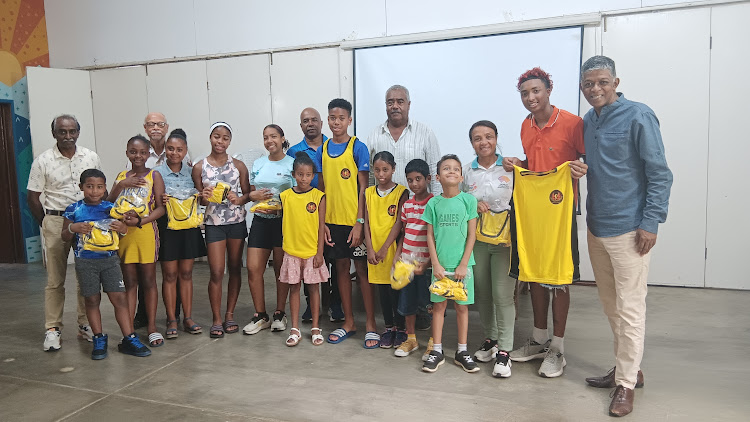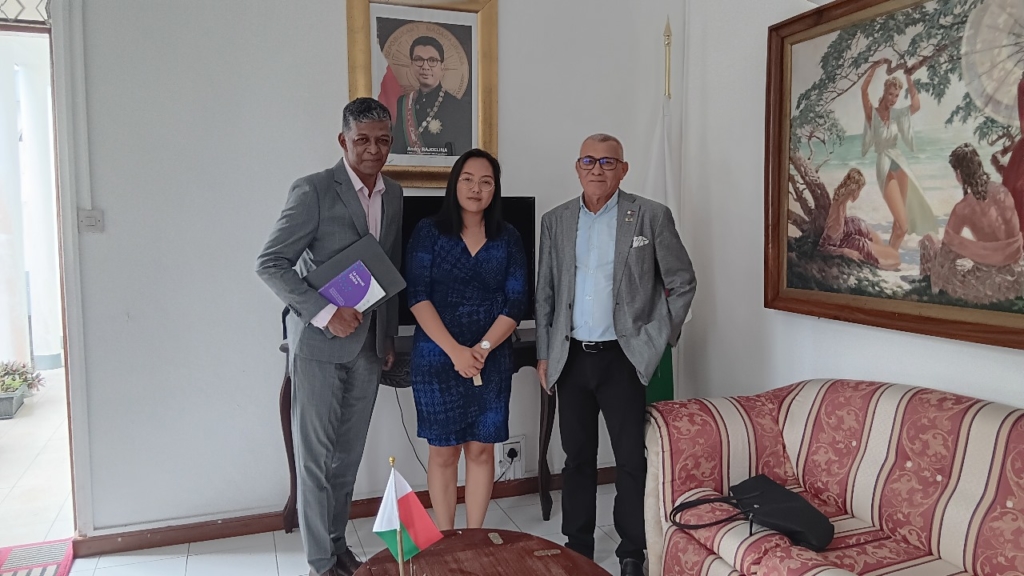180 Degree Ltd Life.Change: A year in review as Sphere Focal Point
Gerard Lamb Hing, Sphere focal point representative and CEO of 180 Degree
As the Sphere focal point in Mauritius, 180 Degree Ltd Life.Change has spent the past year actively promoting humanitarian standards across the country and the wider Southwest Indian Ocean region. Through collaboration, regional engagement, and a commitment to capacity-building, the organisation has helped lay the foundation for more responsive and principled humanitarian action.
Context Strengthening local networks
A key activity over the last twelve months was building a strong and diverse network of humanitarian actors. In Mauritius and beyond, 180 Degree engaged civil society organisations, government agencies, funding partners and academic institutions. NGOs working in disaster response were connected with corporate donors and financial institutions to explore sustainable funding for humanitarian initiatives. Partnerships with government bodies – including the National Social Inclusion Foundation and ministries for social security, environment, and education – aimed to align national efforts with global standards. In addition, 180 Degree approached the University of Mauritius regarding inclusion of Sphere standards in their humanitarian aid curriculum, with promising discussions underway.

A group photo with the students of the Rising Phoenix Club with the team of 180 Degree Ltd Life.Change after a Sphere session.
Expanding regional and global collaboration
Collaborations extended well beyond national borders. Locally, organisations such as Caritas Mauritius, the Mauritian Red Cross, and the National Disaster Risk Reduction Management Centre worked with 180 Degree to integrate Sphere standards into emergency planning and disaster preparedness. Regionally, the Indian Ocean Commission became a key partner in efforts to harmonise response strategies across neighbouring countries.

Gerard Lamb Hing, Sphere focal point representative and CEO of 180 Degree with the Ambassador of Madagascar, Camille Vitale.
Engaging in global humanitarian forums
This past year also marked 180 Degree’s active participation in global Sphere events. At the Global Focal Point Forum in Antalya, Turkey, 180 Degree’s CEO engaged with peers from around the world, exchanging insights on evolving humanitarian challenges and approaches. A Training of Trainers (ToT) held in Bonn, Germany, further enhanced the organisation’s technical capacity, equipping it with tools and strategies to support local actors in effectively applying Sphere standards.
Raising public awareness
A dedicated media campaign brought the conversation around humanitarian standards to the wider public. A one-hour programme aired on national television and another on national radio introduced viewers and listeners to Sphere’s principles, making humanitarian best practices more accessible to general audiences. These media efforts were complemented by community-level activities that encouraged dialogue on local preparedness and the value of shared standards in times of crisis.
Looking ahead: Practical initiatives and advocacy
In the year ahead, 180 Degree plans to launch a pilot project focused on water filtration. The initiative will take place at a school in Le Chou, Rodrigues, and at an orphanage housing 132 children, located 140 kilometres from Antananarivo, Madagascar – both of which currently lack access to drinkable water. These projects are aimed not only at improving daily living conditions for vulnerable groups, but also at demonstrating how humanitarian standards can be implemented in practical, life-enhancing ways.
180 Degree intends to engage the Prime Minister’s Office to advocate for incorporating Sphere standards into national humanitarian and disaster frameworks.
A series of training workshops is planned in collaboration with the Ministry of Gender Equality. These will equip 200 social workers from women’s shelters with the tools and knowledge to deliver support grounded in quality and accountability. At the international level, the organisation will be exchanging experiences with NGOs including Arbeiter-Samariter-Bund (ASB) and Aktion Deutschland Hilft (ADH) in Germany, RedR and the Australian Red Cross, and various Sphere focal points
Continuing the commitment
180 Degree remains focused on deepening partnerships, building awareness, and supporting the application of Sphere principles throughout humanitarian response. The past year has demonstrated what is possible through steady and collaborative effort, and the path ahead offers further opportunities to strengthen humanitarian practice in the Southwest Indian Ocean region.
